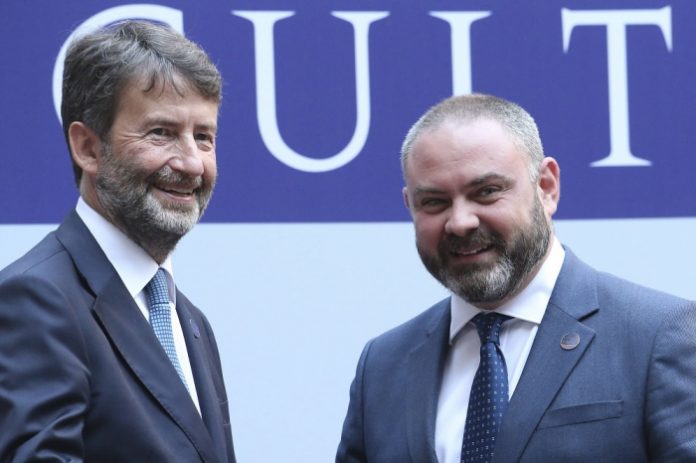
“Malta supports the idea of putting culture and cultural heritage on the agenda of COP27 in Sharm El-Sheikh, Egypt, next November, in order to put culture and cultural heritage at the forefront of the climate debate, making a positive contribution to achieving our common goals ”.
This was stated by the Minister for National Heritage, Arts and Local Government Owen Bonnici during a conference in Naples of the ministers of culture of the Euro-Mediterranean region and of the Southern Partnership of the European Union.
He said there was a need to advance an agenda where culture continues to be elevated in favor of a sustainable and inclusive society that protects diversity in all its forms.
Minister Bonnici said: “There are many strategies, plans and measures in place to address sustainability issues, including the Sustainable Development Goals and the Paris Agreement, which are global instruments designed to provide global guidance and a specific target. However, achieving these goals depends to a large extent on strategies and measures tailored to the specific challenges and potential of each state”.
Minister Bonnici emphasized that Malta has always been aware of the need for more flexible solutions than for one solution for all.
Malta therefore fully supports this format in which the Mediterranean countries come together to share their experiences and discuss specific regional issues.
He also explained that Malta supports the better integration of culture as part of plans for economic development and long-term sustainability.
Culture has a lot to offer in this area, particularly in raising awareness.
He therefore argued that in collaboration with the education sector, culture can be a non-intrusive means of making our citizens aware of the challenges we face as a society and the stakeholders involved.
Photo: MHAL









